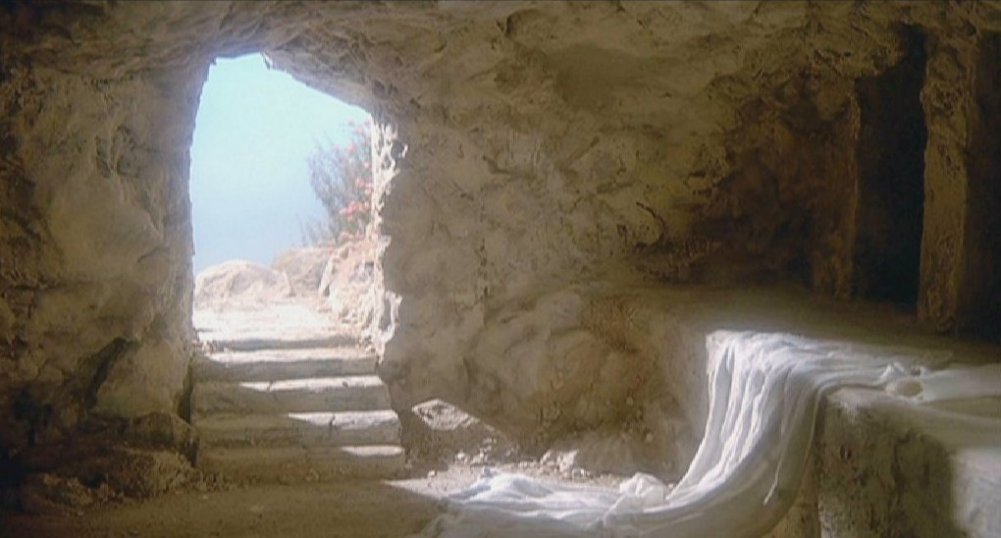I’m editing the final book in my series of philosophical fiction, set in Egypt in 1934 and 1935. As I’ve said here many times, the stories simply came to me as a mental movie, playing in my mind’s eye and ear for five years, with all the dialogue and details already there. The story chose me to tell it. It was out of the blue. My job was just to write what I was seeing and hearing.
And yet, somehow, mysteriously, the books are all about me. I hope they’re also all about you. But I just came to realize that they’re about my deepest hopes and dreams and values and aspirations. They’re about my fears and joys and uncertainties and suspicions. They’re about weakness and strength, wisdom and virtue, friendship and animosity, uncertainty and hope, life and death.
The stories are all quite particular, but the lessons are universal.
And I’m bringing these tales into the world very differently from the vast majority of my books. Instead of contracting as I have for my nonfiction books with a Doubleday or Penguin to publish many tens of thousands of copies and place them into bookstores nationwide, announcing them in big circulation newspapers and magazines, as well as on radio and television, I created my own imprint, found the right people to help in this endeavor of love, and have published them in the new format of print on demand for paperback and hardcover, with the two basic ebook formats also available. That has allowed for something I’ve never been able to do before.
First, I have total control of what goes into print, including the great cover art done by my daughter. And there is something else. After the prologue to the series, The Oasis Within, was available for about the first six months, I realized I wanted to re-edit it. And I was able to, right then. I didn’t have to wait years, until 20,000 or 50,000 copies of the original edition had sold and that many people had bought less than the best I could do. I could make the improvements right away. And the same thing happened with The Golden Palace. Less than a year into its life, it got a new paragraph on the first page, and dozens of small changes throughout that enhanced it immensely. I had never been able to do that with a book before. And as readers have written me about their experience with these novels, their insights have helped me in editing subsequent books. There has been a feedback loop I’ve never had before. And it’s made the books better. This should be a universal experience for writers and readers.
The one problem is that I don’t have a national promotion and marketing machine behind these books. So they have to find their readers on their own. And they are, but very slowly. My workout partner told me today that he just finished The Mysterious Village and really loved it. I was so glad to hear and told him that he’s probably the fourth person to get that far in the series! I was exaggerating a little. But just a little. It will have been worth the seven years of work so far, and the rest of the eight years I anticipate, for them to have a few great readers whose lives are enhanced and maybe even transformed by the stories. And of course, it would be even more gratifying to see even more people enjoying and using the books for the renaissance of understanding about wisdom and virtue, life and death, that they can potentially provide. They’re about success and failure, struggle and victory, defeat and persistence, and the power of committed partnerships along the way. They’re about leadership and love, and staying on your path even when it’s hard, and giving others what they need as you also discover your own deepest needs and gifts. The stories are about so much. And they reveal so much.
In all my philosophy, business, and life nonfiction books, I tell stories from my own experience. You get to know my kids, my wife, as well as friends and neighbors and both the silly things and the deeper things that I’ve encountered along the way. And in the novels, there are no stories about my life. Yet, somehow, they’re the most autobiographical of anything I’ve ever done, the most deeply revealing, and if I had written nothing else ever, I would want to leave them for my kids, and grandkids, and anyone who might be interested in the experience of a philosopher meandering from the mid twentieth century into these first days of the twenty-first, and trying to get his bearings for making the world a slightly better place with the ancient wisdom that’s exactly what we need now.
For the series, go to www.TheOasisWithin.com.


































